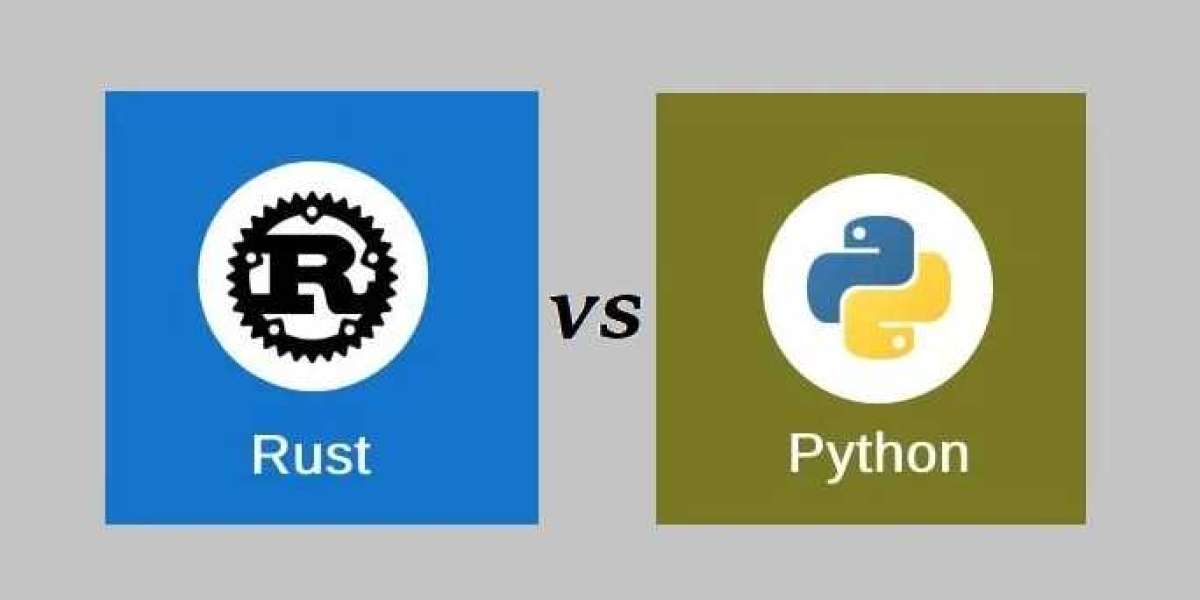When it comes to programming languages, Rust and Python are often compared due to their distinct strengths and use cases. Both languages have garnered significant attention in the developer community, but they cater to different needs and priorities. In this article, we will delve into the key differences between Rust and Python, examining their use cases, performance, safety features, and overall popularity.
Use Cases and Popularity
Python, first released in 1991, has established itself as one of the most popular programming languages in the world. Its simplicity and readability make it an excellent choice for beginners and experienced developers alike. Python's versatility allows it to be used in web development, data science, artificial intelligence, machine learning, and more. Libraries such as Django, Flask, TensorFlow, and Pandas have made Python a go-to language for a wide range of applications.
On the other hand, Rust, which debuted in 2010, has been steadily gaining traction, particularly in systems programming. Rust vs Python discussions often highlight Rust's focus on performance and memory safety. Rust is designed to provide low-level control over system resources without sacrificing safety, making it ideal for developing operating systems, game engines, and other performance-critical applications. Projects like Mozilla's Servo browser engine and Dropbox's file storage system have leveraged Rust for its reliability and speed.
Performance and Memory Safety
Performance is a critical factor when comparing Rust vs Python. Rust is a compiled language, which means that it is converted directly into machine code that the processor can execute, leading to highly efficient execution. This performance edge makes Rust suitable for tasks where speed and resource management are paramount.
Python, however, is an interpreted language, which generally results in slower execution speeds compared to compiled languages like Rust. While Python's execution speed might be a limitation in some contexts, its extensive libraries and ease of use often outweigh this drawback for many applications.
One of Rust's standout features is its emphasis on memory safety. Rust's ownership model ensures that memory management errors, such as null pointer dereferencing and buffer overflows, are virtually eliminated. This makes Rust a robust choice for systems programming, where such errors can lead to critical failures.
Ease of Learning and Development Speed
Python's simplicity and readability are major reasons for its widespread adoption. The language's clear and concise syntax allows developers to write code quickly and maintain it easily. This leads to faster development cycles, which is crucial for startups and projects with tight deadlines.
Rust, while more complex due to its focus on low-level programming, has a growing ecosystem and a supportive community that is continuously working to make it more accessible. The Rust compiler is known for its helpful error messages, which assist developers in understanding and resolving issues efficiently.
Conclusion
In conclusion, the choice between Rust vs Python depends largely on the specific requirements of the project at hand. Python excels in areas that require rapid development, extensive libraries, and ease of use, making it ideal for web development, data analysis, and AI. Rust, with its superior performance and memory safety, is better suited for system-level programming and applications where resource management is critical. Both languages have their unique advantages and continue to evolve, providing developers with powerful tools to tackle a wide range of challenges.








